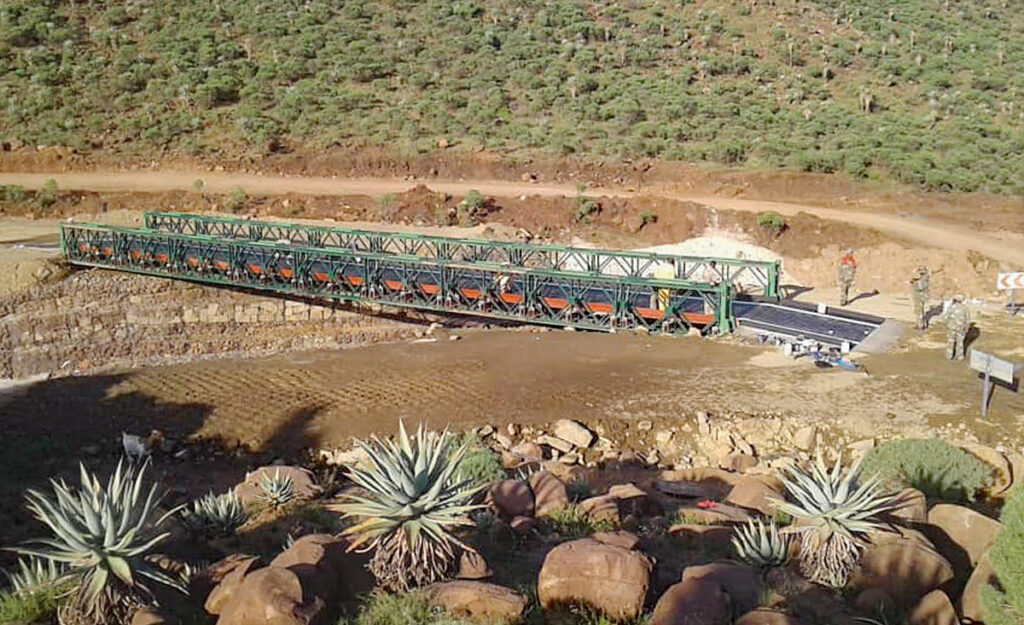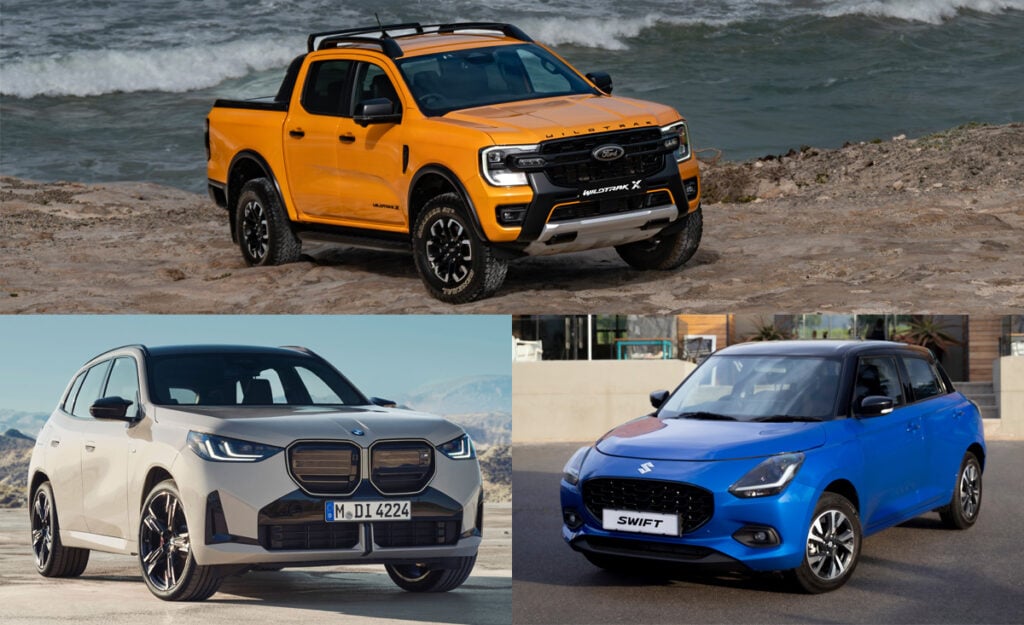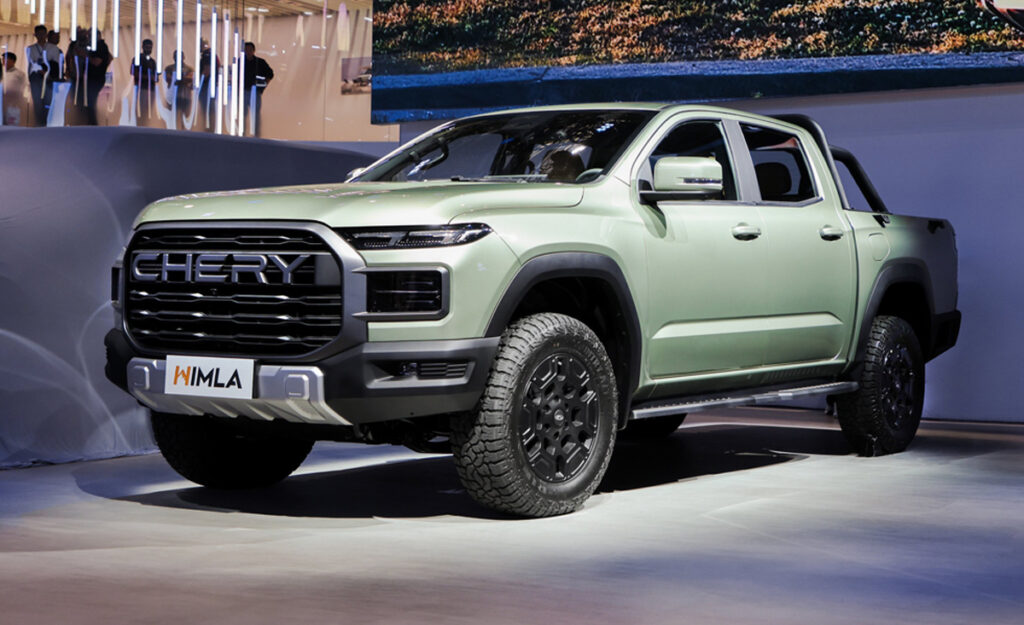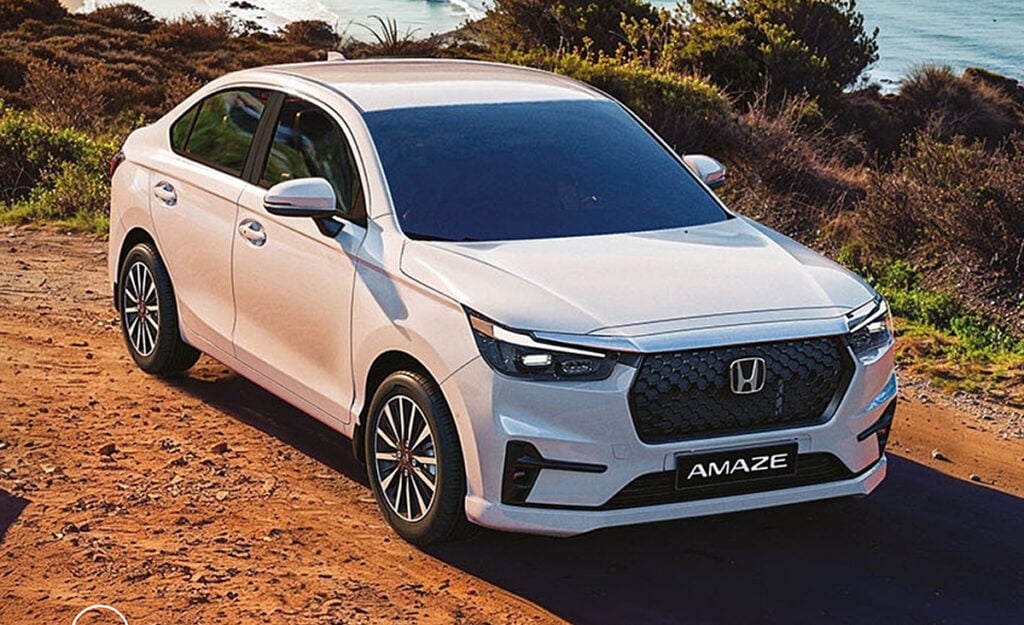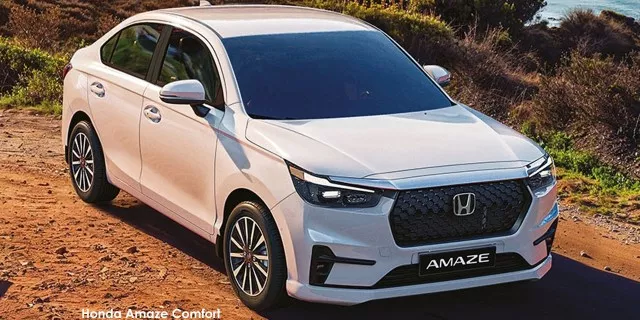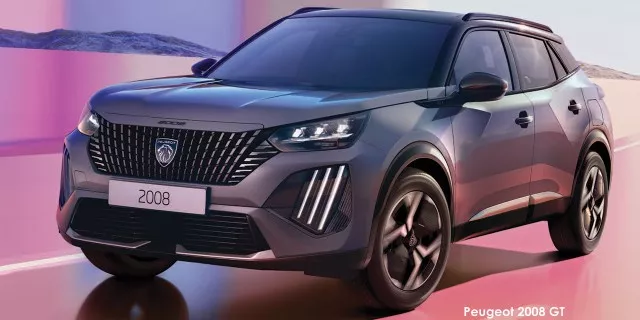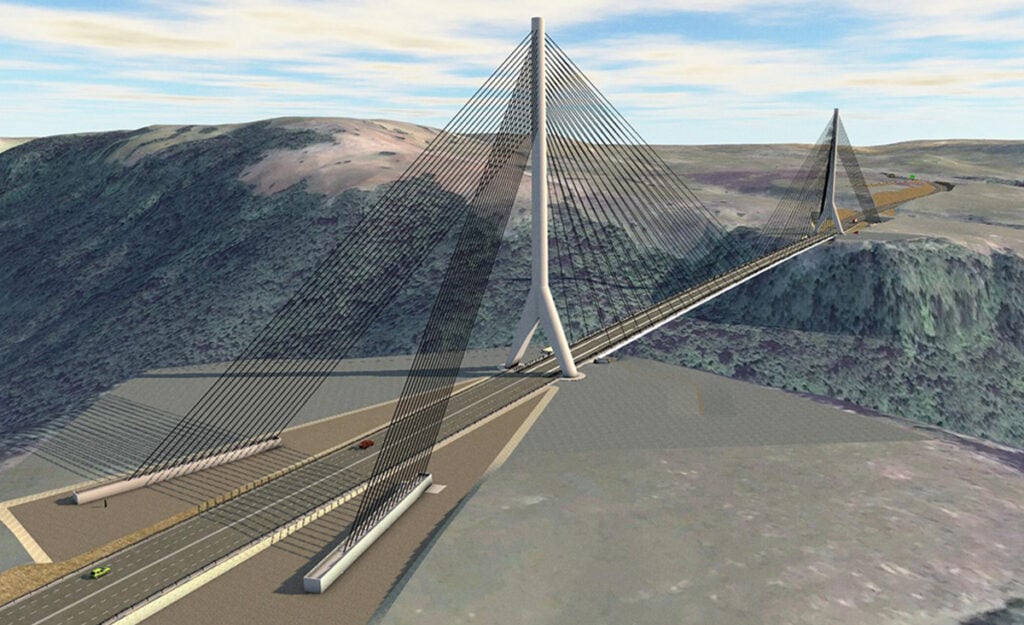
It costs anywhere from R22.9 million to R4.05 billion to build a new bridge from scratch in South Africa, depending on the scale and location.
Building a new bridge is no small feat, it requires months of planning, research, and tender perusals before the first machine even arrives on site, as it is arguably more complicated than a relatively straightforward road.
The National Roads Agency (Sanral) provides over 35 manuals for companies looking to participate in bridge construction on the nation’s tarmac arteries covering everything from general site inspections and staff requirements, to drainage and handrail specifications.
Before they can get to work, contractors must consider the feasibility of building a bridge in a specific area, including whether the turf can support it and what adverse impacts it will have on the environment.
Next comes the designing phase, where the structure and materials are meticulously selected to ensure the bridge can support the expected levels of traffic.
Once this is completed, the project is put out to tender which by itself usually takes a minimum of a few months. After the bids have been received, Sanral assesses the candidates and chooses the best one, a decision that should be based on their cost competitiveness and expertise.
The preferred bidder receives the good news and immediately gets to work sourcing materials and machinery, and only when it has the required equipment can it break ground on the new bridge.
It starts at the foundation, then the substructure and superstructure, followed by the bridge deck, with the timeline for these steps ranging anywhere from several months to years, depending on the scale and competency of the company doing it.
When fully built, Sanral is called in once again to carry out safety inspections and quality control, and if it gives the green light, the bridge is opened to the public.
During the entire construction, Sanral continuously engages with local communities, too, informing them of potential disruptions and ensuring minimal impact on daily life.
Bridges under construction in South Africa
At present, Sanral is constructing several bridges around the nation as part of fulfilling its public mandate. These structures are usually part of larger initiatives such as road upgrades, but there are two standout projects largely focused on bridges.
One of the most notable ongoing projects is the Welisizwe Bridges initiative, which aims to address the backlog of bridge infrastructure in rural and disadvantaged communities and improve their access to health facilities, schools, and economic amenities.
Started in October 2023, the Welisizwe Bridges initiative is planned to run over a period of three years and it consists mostly of smaller overpasses spanning rivers and shallow depressions that make traversing the landscape a laborious and sometimes dangerous task.
With a total budget of R3.3 billion and a tally of a considerable 144 bridges, it works out to an average expenditure of R22.9 million per structure.
Sanral’s flagship undertaking, the N2 Wild Coast Road Project also incorporates two massive bridges, the Msikaba Bridge and Mtentu Bridge, which boast a combined tally of R5.7 billion.
Having broken ground in February 2019, the Msikaba Bridge will be billed as the longest suspension bridge in South Africa when completed in 2025 and by itself will cost R1.72 billion.
The Mtentu Bridge is perhaps an even more daunting endeavour as it is on track to become the tallest bridge on the African continent at a peak of 223m, as well as one of the longest main-span balanced cantilever bridges in the world with a main span of 260 meters when finished in 2027.
This particular bridge has been plagued by delays brought about by extortion attempts, with one of its first contractors simply walking out of the project entirely in 2019 due to threats from so-called construction mafias.
As a result, the purse for the Mtentu Bridge has ballooned to an astounding R4.05 billion and it will take around two years longer to wrap up.
On a smaller scale, the City of Johannesburg recently revealed that it spent R129 million on the rehabilitation of six bridges within its boundaries in the 2023/24 period, which were all in “Poor” or “Very Poor” condition.
While this didn’t necessitate the metro to build new bridges from scratch, extensive refurbishments were required on most of these overpasses as evidenced by the average cost of R21.5 million per job.
In Cape Town, the metro initiated a 30-month, R285-million project in late 2021 to upgrade the Refinery Interchange on the N7 with a new dual east-west carriageway system that can accommodate more substantial levels of traffic.
To complete the project, the city demolished and replaced the existing interchange to build two new bridges over the freeway, and it also raised the Road-over-Rail Bridge with a concrete overlay and widened it to the south.
While the project also included other jobs like expanding on and off-ramps and installing new signage, it’s safe to assume that a large portion of the budget went to these bridges.
